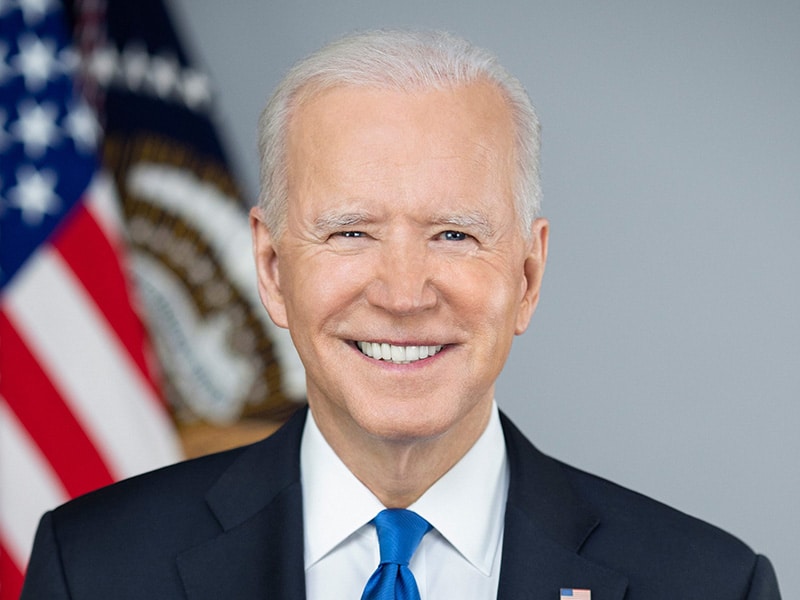Can You Still Enforce Your Non-compete in New Jersey and Pennsylvania?
For decades, employers have asked employees to sign a non-compete clause as part of the onboarding process. Employers worry that an employee will spend their company’s money and time to learn valuable skills, information, and trade secrets. Then, the employee may leave to start a new business, steal clients, or work for a competitor.
Therefore, to protect your investment in your employees, you ask your employees to sign a non-compete clause. The clause limits your employee’s ability o steal your trade secrets to work with specific competitors, start a new business in a competing area, or steal clients for a specified time period.
In New Jersey and Pennsylvania, non-compete agreements are legally enforceable. These states have no laws that prohibit non-competes of any nature. However, the business standard regarding non-competes tells employers to be very specific with their demands. A non-compete must often allow employees to work in related industries as long as they do not work too close to your business and possibly avoid specific competitors. A non-compete should be in place for a short time frame (a year or two depending on the industry).
As much as non-compete agreements have always been a source of debate, they have been governed by state laws. Therefore, depending on your state, your non-compete agreement may or may not be enforceable. New Jersey and Pennsylvania have no state laws governing non-competes. However, courts have set guidelines to ensure non-competes do not prevent employees from ever working again.
However, President Biden has recently signed an executive order targeting non-compete agreements on the federal level. Under the executive order, President Biden has asked the Federal Trade Commission to step in and limit the use of non-compete clauses in public and private companies. Read on to learn more about this executive order and how it affects your company.
What Are the Details of President Biden’s Executive Order?
On July 9, 2021, President Biden signed the Executive Order on Promoting Competition in the American Economy. Under the order, President Biden requested that the Federal Trade Commission (FTC) limit the “unfair use of non-compete clauses or agreements that may unfairly limit worker mobility.”
In other words, the EO asks the FTC to ensure that non-compete clauses do not limit an employee’s rights to work when they leave a company.
What Does This Executive Order Mean for Your Business?
The Executive Order is a bit vague. President Biden does not ask the FTC to ban non-compete agreements. As of today, the Executive Order does not affect anything in how you conduct business or issue non-compete clauses. However, it encourages the FTC to crack down on employers who create non-compete clauses they know cannot legally be enforced.
Many employers may force an employee to sign a non-compete clause they know is too broad or vague. The goal is to scare their employees into being compliant with company policies for fear they can never work in their industry or their home area.
This Executive Order will help prevent you and other employers from taking such extreme actions, allowing employees to have mobility in their employment as long as it does not cause a true economic hardship.
As long as you are not creating overly vague and unenforceable non-compete clauses, this Executive Order will have little to no effect on your business. However, suppose you are in the business of attempting to force employees to sign overtly vague and restrictive non-compete clauses. In that case, you will need to change your non-compete agreements to allow employees freedom in employment.
Workplace HCM Can Help Ensure Your Business Is Compliant with Its Non-Compete Clauses
Non-compete clauses are part of how you can protect your business from theft of ideas and trade secrets. However, you must allow employees freedom in employment while protecting your company’s interests. The HR experts at Workplace HCM can ensure you are compliant with all laws and Executive Orders. Call us at (856) 334-9711 to learn more about how we can help.




